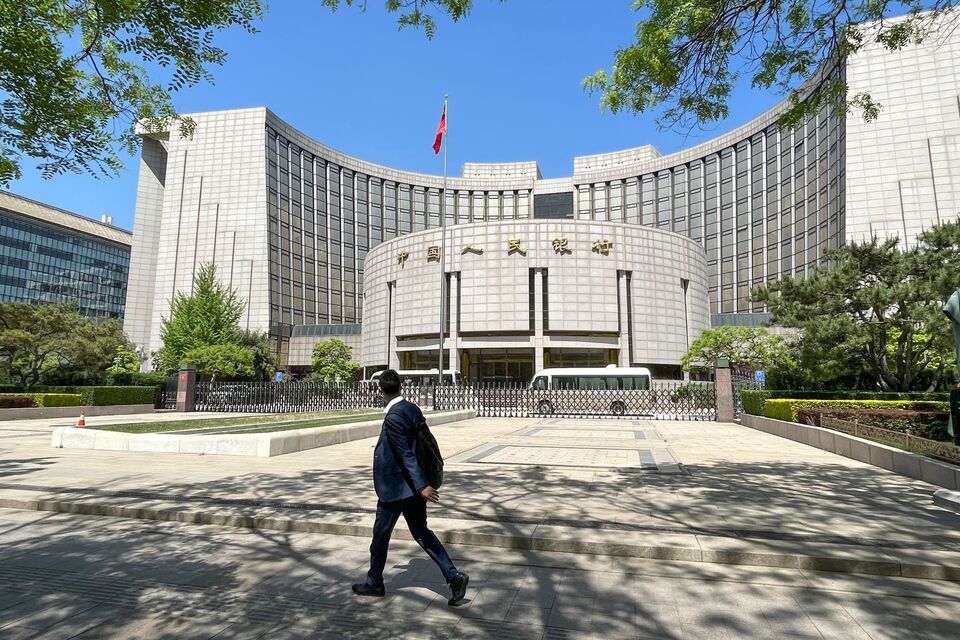China's central bank, the People's Bank of China (PBOC), took action on Wednesday to ensure a steady flow of cash within the country's financial system. The bank injected 2 billion yuan (approximately $281 million) through a process known as a reverse repo.
This monetary tool functions by the PBOC purchasing short-term securities from commercial banks with an agreement to repurchase them at a later date. In effect, the central bank is providing short-term loans to commercial banks, bolstering their liquidity reserves.
The PBOC has utilized reverse repos on multiple occasions this year, maintaining a cautious approach to monetary policy. This measured stance comes amidst a backdrop of a slowing Chinese economy, impacted by factors like global supply chain disruptions and a recent surge in COVID-19 cases.
By injecting liquidity, the PBOC aims to prevent a credit crunch within the banking system. A credit crunch occurs when banks are hesitant to lend due to a lack of available funds. This can have a domino effect, hindering business investment and economic growth.
The specific amount injected on Wednesday, 2 billion yuan, signifies a targeted approach by the PBOC. This suggests that the bank is aiming to maintain stable liquidity conditions without resorting to excessive stimulus measures.
Analysts believe that the PBOC's actions are indicative of a shift towards a more neutral monetary policy stance. This follows a period of targeted easing measures implemented earlier this year to support the Chinese economy.
A neutral policy stance signifies that the central bank is neither actively stimulating nor tightening the money supply. This approach is intended to foster price stability and balanced economic growth.
The PBOC's move comes amidst ongoing concerns about global inflation. The war in Ukraine and ongoing supply chain bottlenecks have driven up prices for commodities like oil and food. This has fueled inflationary pressures in many countries, including China.
While inflation in China remains moderate compared to some other economies, the PBOC is likely keeping a watchful eye on price trends. Maintaining stable liquidity conditions is crucial in managing inflationary pressures.
The PBOC's actions are being closely monitored by financial markets around the world. China's economic performance has a significant impact on the global economy, and its monetary policy decisions can influence financial conditions internationally.
Looking ahead, analysts will be keenly observing the PBOC's future actions to gauge the direction of Chinese monetary policy. The bank's approach will likely depend on the evolving economic situation both domestically and internationally.

